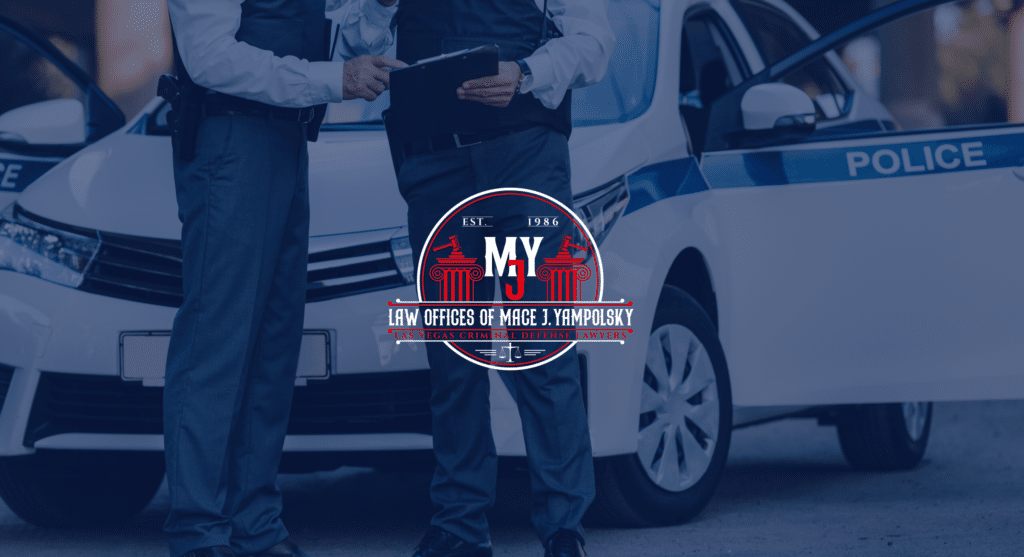Unfortunately, Miranda does not attach until an individual is under arrest and in a so-called custodial setting. Many laypeople, and even some lawyers, find this a legal fiction at best, given that the detained driver on the roadside is not “free to leave,” by any stretch of the imagination. The distinction that has been drawn by courts in the United States is that a breath or blood test is not uttered or provided in response to interrogation; is called for by the implied consent statutes of the various jurisdictions; and promote the general welfare of the community by ensuring that impaired drivers are not permitted to run amuck, causing havoc, mayhem, injuries, and deaths.
Whatever I may think of the wisdom of the conclusion drawn, there can be no dispute that the United States Supreme Court, in Pennsylvania v. Muniz, 496 U.S. 582 (1990), does not consider roadside chemical tests to be testimonial invoking Miranda protections, and has explicitly stated as much,
“Similarly, we conclude that Miranda does not require suppression of the statements Muniz made when asked to submit to a breathalyzer examination.” Id.
In recent years, the playing field has muddied some and the bright line rule that was announced in Muniz has come under scrutiny. In Birchfield v. North Dakota, 579 U.S. ___; 136 S. Ct. 2160; 195 L. Ed. 2d 560, the Supreme Court held that statutes that criminally punish individuals for refusing a blood test were unconstitutional but upheld criminal refusal statutes regarding breath tests. Much of the reasoning in the majority’s opinion stemmed from a shallow perception of the invasion that breath tests pose to individual privacy interests. Justice Sotomayor’s dissenting opinion noted that where search warrants are reasonably available, a state’s governmental interest in collecting evidence and promoting safety is lower than the individual privacy interests at stake.
As a practitioner, this signals to me that this issue is far from settled, that we will see additional challenges piggybacking on Justice Sotomayor’s dissenting opinion finding the distinction between the invasiveness of a breath test vis-à-vis a blood test to be merely semantics and a distinction with no real difference.






